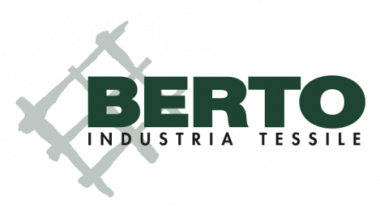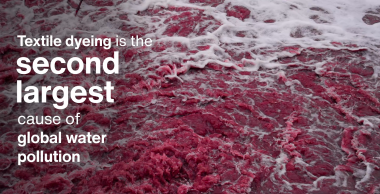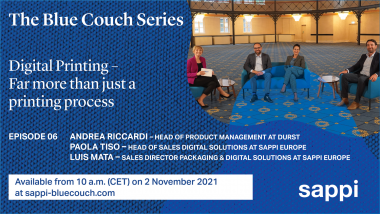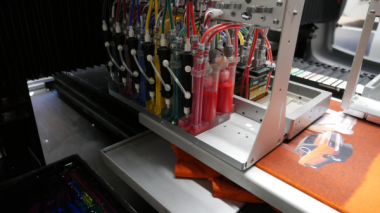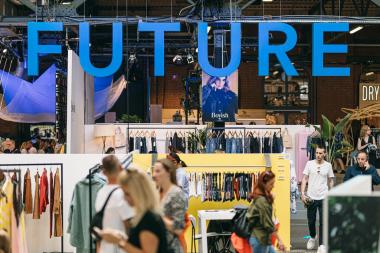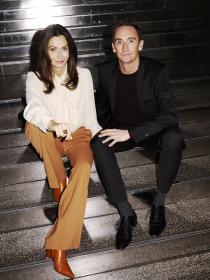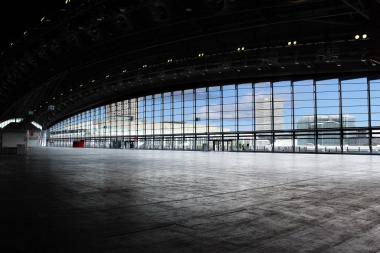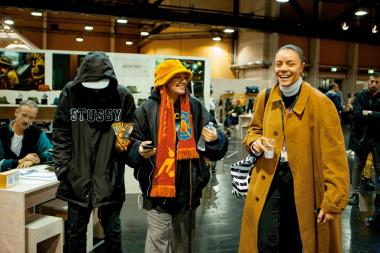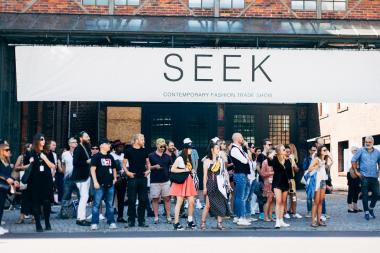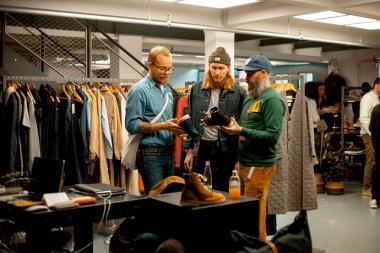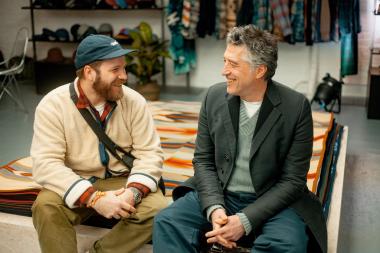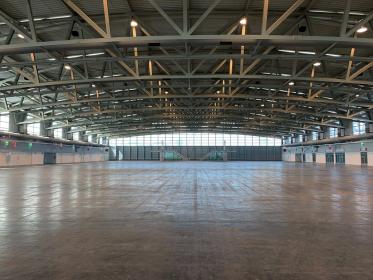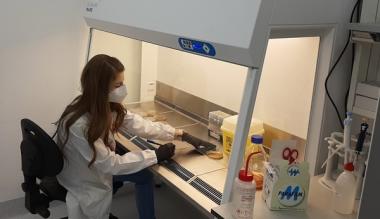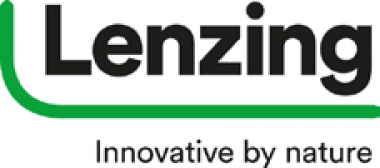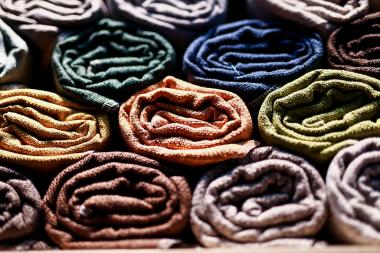Berto travels zero km to support B2C brands
In 2021, Berto Industria Tessile embarked on a series of journeys through the denim supply chain, touching both B2B and B2C worlds.
The first journey of this adventure, aimed at discovering and publicizing the world of indigo and, began by talking about the collaboration with the turkish garment maker blue matters creating a green collection to be proposed to the world's top brands, continuing with “su mirura project” in the second chapter.
This project has its objective in supports, with a ready on stock fabrics, (which at this time of difficult availability of product becomes extremely relevant), young emerging talents in the world of fashion that, in our industry, both for problems related to minimum order quantities and for problems related to financial commitments of startups, would having difficulty in the raw materials research.
In this third chapter of the personal voyage into the world of denim, Berto Industria Tessile talks about two realities that are not only made in Italy, but also made in veneto, for a zero km circularity supports.
Two brands that are part of two different segments of the indigo world of b2c, one operating in the world of clothing and one in the creation of fashion accessories, but who have a common denominator between them, the use of 100% in their collections of denim fabric Berto.*
* See attached document for more information.
Berto Industria Tessile / EFFE-BI


